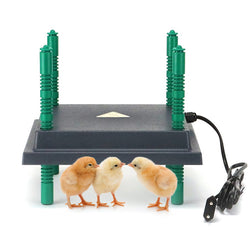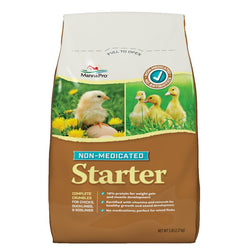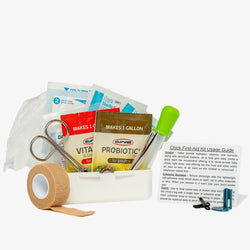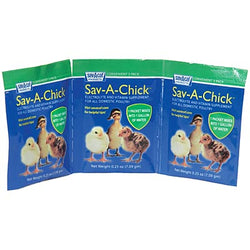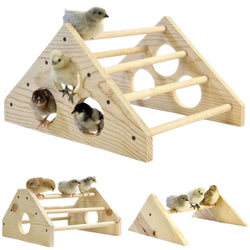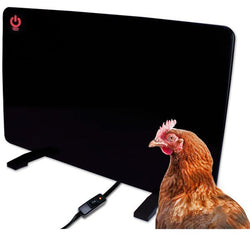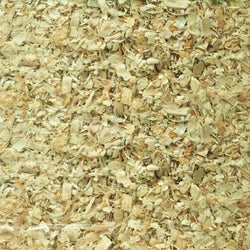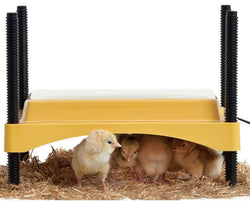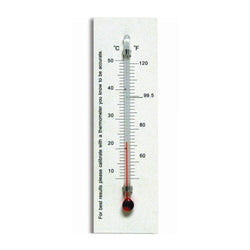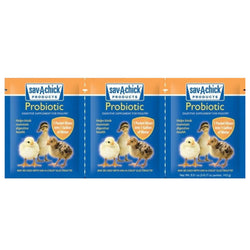So you want chickens? Here are the first 4 rules of chicken farming.
Back to blog
Does Coronavirus have you thinking about producing your own food? Sweet. But take a sec and think this through, please...

Yesterday I was chatting with a good friend who works at our local feed and seed store. They've been swamped with customers clearing out seed packs, buying up gardening supplies, and scooping up hens. That's awesome, on two levels.
One, mom-and-pop feed stores like theirs have been hard hit by chain feed stores (you know, the ones that make you lug 50-pound bags of feed into your trunk yourselves). Two, people are about to experience the simple pleasures of producing their own food for the first time.
But then my friend told me about this one customer who came into the store to buy chickens and demanded that she write down everything about chicken care on a piece of paper.
Huh?
This, plus the fact that our own business is up 400%, inspired me to write down these 4 rules of chicken farming. Please at least clear these rules before you explore this obsession hobby further!
Chicken Farming Rule #1: If you don't have time to learn how to care for chickens, you don't have time to care for chickens.
Chicken care is so easy. We've dedicated the last 15 years to teaching people just that. I wrote this free how-to chicken care guide that takes about 30 minutes to read, no strings attached. You don't have to sign up for anything, or give us your email address, and we never sell your data, anyway.

If you don't have the time to read that, or any number of other online how-to guides, you don't have time to care for chickens. Period.
Chicken Farming Rule #2: Be prepared to deal with death
This is a sad one, and it's tempting to gloss over, but it's important. Being a farmer means having to put on our big girl pants when it comes to losses.
Chicks sometimes die.
Whether you're hatching at home, picking up chicks from the feed store, or buying online from places like My Pet Chicken, some chicks won't make it. Period.
Just like 1 out of 100 human babies are born with a birth defect, chicks can also have unseen issues that make them not viable. Chicks can pass despite our best efforts to care for them.
Related: What do I need to know about raising chicks?
We've also seen tragedies in transit, such as the time the cargo pilot forgot to pressurize the cabin the chicks were in. All the poor chicks on that plane died. Once, a well-meaning postal worker put the babies in front of the air conditioner in his truck. He was afraid they'd overheat, but instead froze them to death.
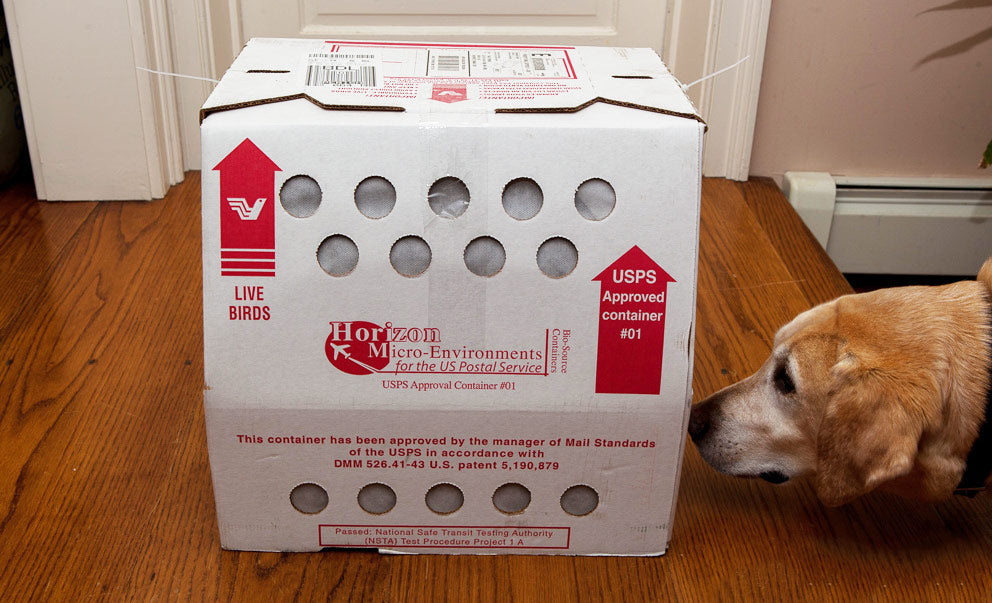
We could never stay in business if this were the norm, both for financial and ethical reasons. But still, losses do happen. There just aren't that many chick hatcheries in the country, so for most Americans, getting them shipped is the only way. Everyone involved in the hatching and shipping of chicks does their very, very best, and the result is an A+ in terms of survivability. But it's not 100%.
Older chickens die, too.
Grown chickens also die. Whether it's predation, illness, internal parasites, external parasites, an unknown genetic weakness (some breeds are less hardy than others, like Silkies, Sultans and Faverolles), or just old age, your chickens will die—and you will be forced to deal with it.

Death is part of life
If all this doesn't sound like something you want to get into, then keeping chickens isn't for you. I honor that choice. You know yourself, and that's what I'm going for, here.
But.... I just have to say this.
When you don't raise your own hens, 99% of you will be buying eggs from factory farms, which is a far cry from the pampered conditions of a typical backyard flock. Chickens in big ag tend to live short, very stressed lives. And if you're like most Americans, you eat chicken meat, too.

In other words, most of you participate in animal death, but you just prefer not to physically confront it. That's okay. Just please don't judge ill of us who make a different choice.
Chicken Farming Rule #3: Find out if chicken keeping is legal in your town before you get chickens.
We've written a handy article to help you on this one.
So save yourself the time, money and heartache of having to get rid of your flock, and make sure it's allowed, first.
Chicken Farming Rule #4: Don't think keeping chickens will save you money. It won't.
Unless you're super-duper handy and you have oodles of usable building materials just floating around... And unless you can seriously cut down on feed costs by free-ranging your hens, you probably won't save money on keeping chickens.

Here's the math on backyard chickens:
- Grocery store egg prices can be as low as $2 per dozen eggs
- Over the course of a year, a flock of 10 young, healthy, productive hens in a home environment will lay about 200 dozen eggs
- At $2 each, those 200 dozen eggs would cost you $400 for the year at the grocery store
- Feeding 10 hens over the course of a year would cost you $230, at a bare minimum
- Buying the chicks themselves, plus other supplies (feeder; waterer; grit; pine shavings; egg cartons etc.) will get you right up to that $400 mark very quickly

And that assumes that you won't break any eggs; it doesn't include the cost to build your coop and run; the dwindling number of eggs you'll receive from your flock over the years, etc.
Related: How much does it cost to feed a chicken?
You scared me off. What about reasons to keep chickens?
Alright, so I might have scared you a little. That was kind of the point. You should take this seriously, and for goodness sake, don't go buying chickens when you don't have the first idea about how to care for them. That's a disaster waiting to happen. But there are plenty of good reasons to keep chickens, too!
One, for food security.
A month ago, this reason might have seemed like a joke. But no one's laughing today. Our grocery store goes out of stock on eggs every other day.
Two, for nutritional reasons.
Nutritional assays have proven the enormous difference between store-bought and free-range eggs. Mother Earth news found that free-range eggs have:
- 1/3 less cholesterol
- 1/4 less saturated fat
- 2/3 more vitamin A
- Two times more omega-3 fatty acids
- Three times more vitamin E
- Seven times more beta carotene
- Three to six times the vitamin D

Three, because we can keep them humanely.
I discussed this above. Commercial farming operations just can't compete with the space, open air and individual attention of a backyard setup. When we keep hens, we can control the conditions they're kept in. Trust me, you can taste the joy.

Four, they make great garden companions
Composted chicken poo is wonderful for your garden! If you're a gardener, chickens are a great companion.
5-6-7-8-9-10 Fill in the blank
There are plenty of other reasons, of course. Just look at those eggs! Chickens make such sociable, sweet little pets! It's curiously rewarding to know exactly where your food comes from. Pet chickens help relieve anxiety—especially beneficial these days. The list goes on.
Also, "just because I want to" is reason enough. Just don't forget to follow the first 4 rules of chicken farming!
